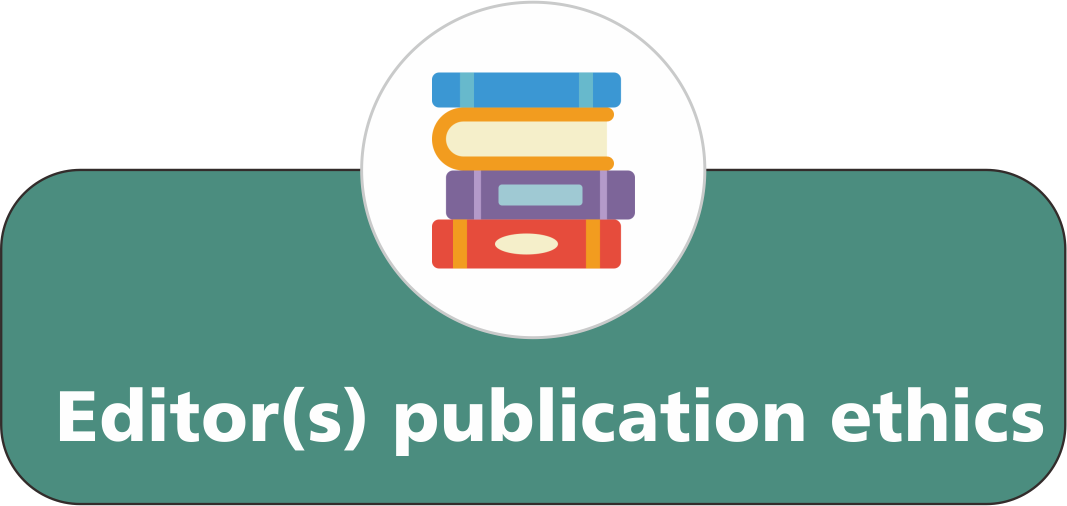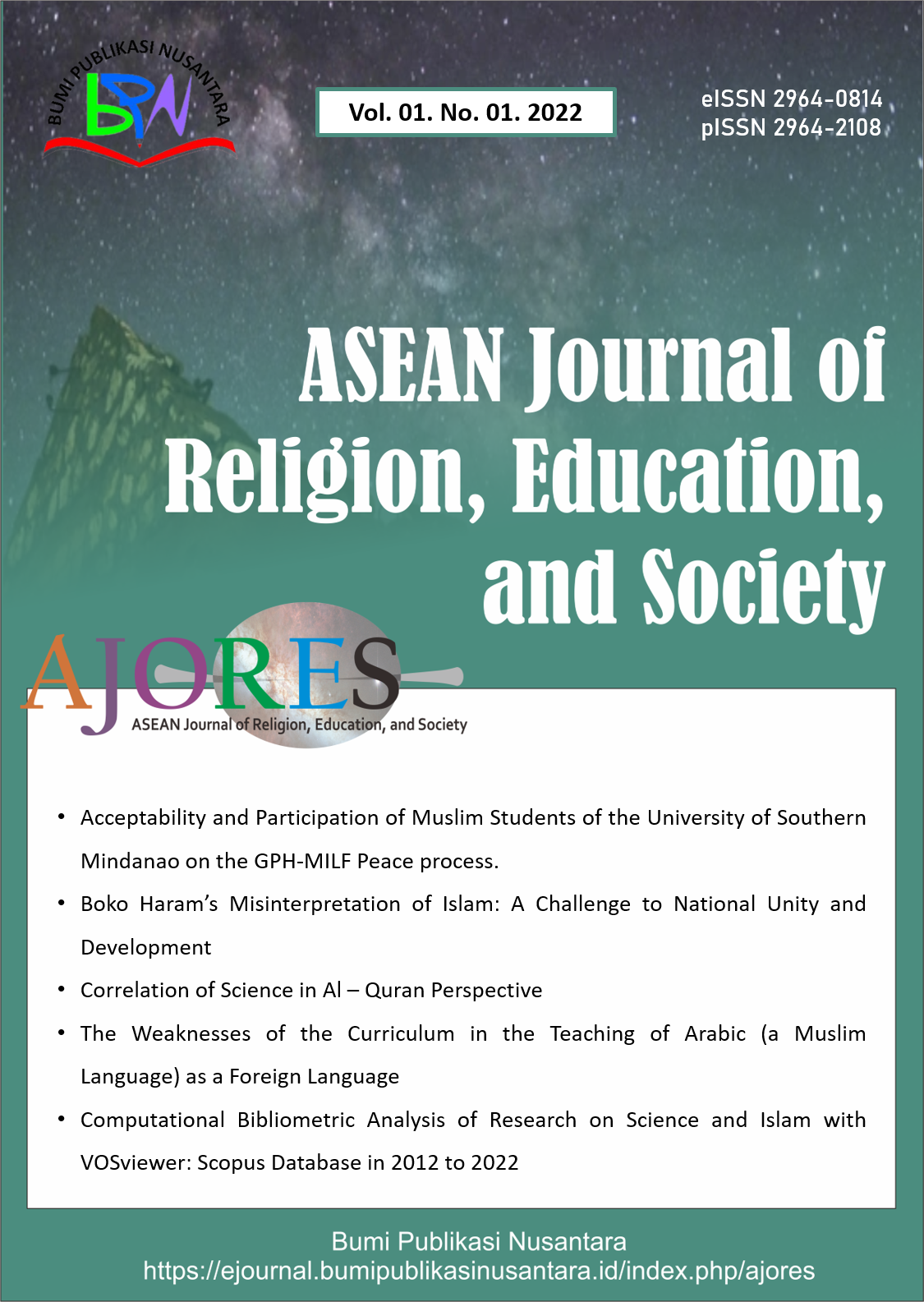Mechanism of Development of Students' Spiritual Development Following Professional Training
 ),
),
(1) ТМС Inztitute
 Corresponding Author
Corresponding Author
Abstract
Keywords
References
Ahmad, C.V. (2021). College students' perspective towards lecturers' work ethics. Indonesian Journal of Educational Research and Technology, 1(2), 27-30.
Chickering, A. W., and Gamson, Z. F. (1987). Seven principles for good practice in undergraduate education. AAHE Bulletin, 39(7), 3-7.
Iavo, R. (2020). Madagascar: Traditional educational practices as individual and social construction in primary schools. Jurnal Pendidikan Ilmu Sosial, 29(2), 170-176.
Khushvaktovna, B.Z., and Fayzievna, H.M. (2023). Affiliation motive as a factor in the health of the socio-spiritual environment in the family. ASEAN Journal of Religion, Education, and Society, 2(2), 83-100.
Kim, J., Millen, J. V., and Irby, B. J. (2008). Mentoring and women's career development: The contributions of socialization, role modeling, and career support. Sex Roles, 58(11-12), 698-711.
Leonard, P. E., Schilling, T., and Normore, A. H. (2014). Holistic and moral development of educational leaders. Handbook of Ethical Educational Leadership, 2014, 315-336.
Lloyd, M. (2008). Mutual respect: Implications for classroom effectiveness. Masters in Teaching Program 2006-2008 Teaching the Child in Front of You in a Changing World, 161, 161-170.
Pesut, B. (2003). Developing spirituality in the curriculum: worldviews, intrapersonal connectedness, interpersonal connectedness. Nursing Education Perspectives, 24(6), 290-294.
Article Metrics
Abstract View : 1175 times
: 1175 times Download : 910 times
Download : 910 times
Refbacks
- There are currently no refbacks.
Copyright (c) 2023 Bumi Publikasi Nusantara

This work is licensed under a Creative Commons Attribution-ShareAlike 4.0 International License.







